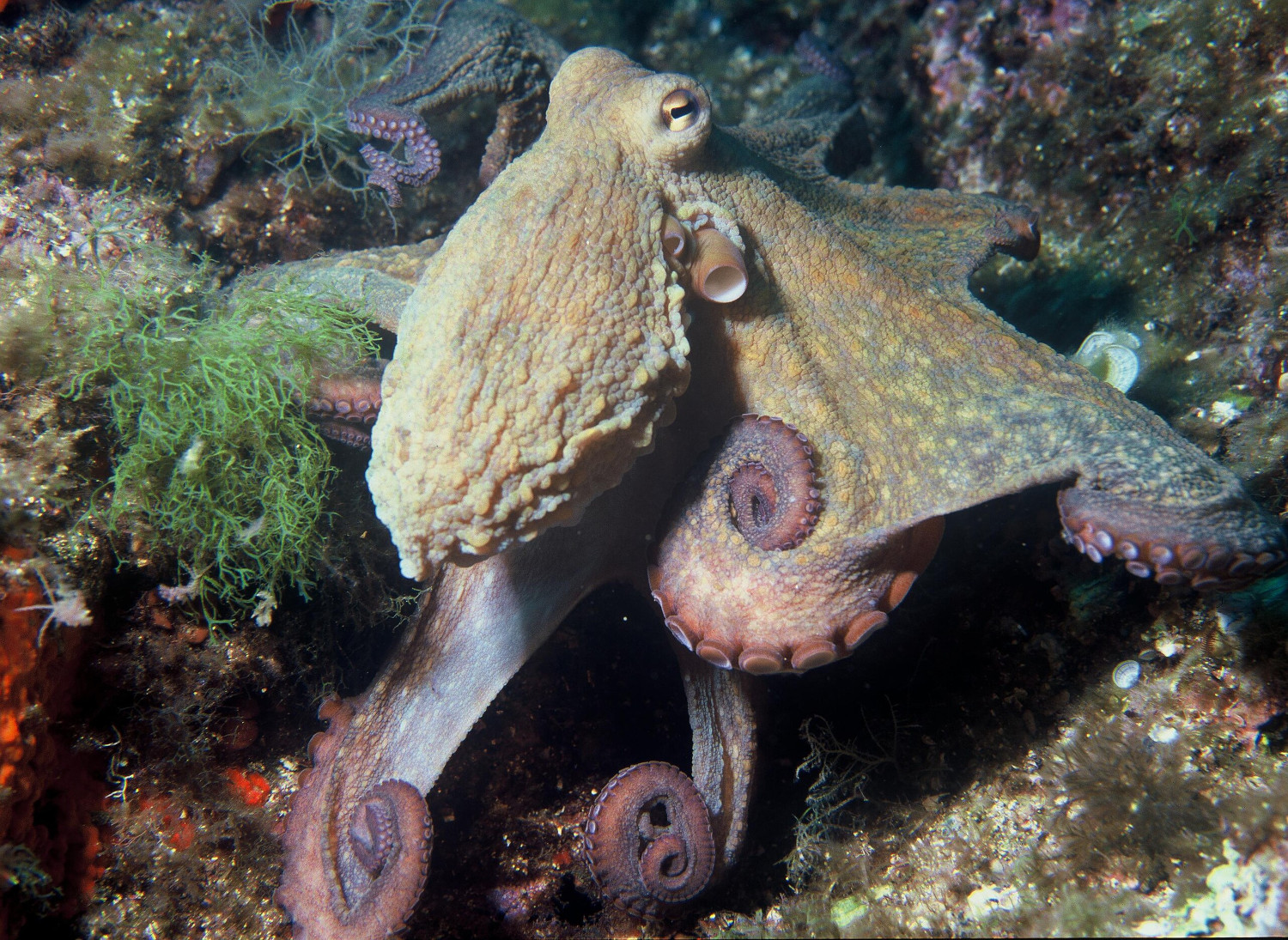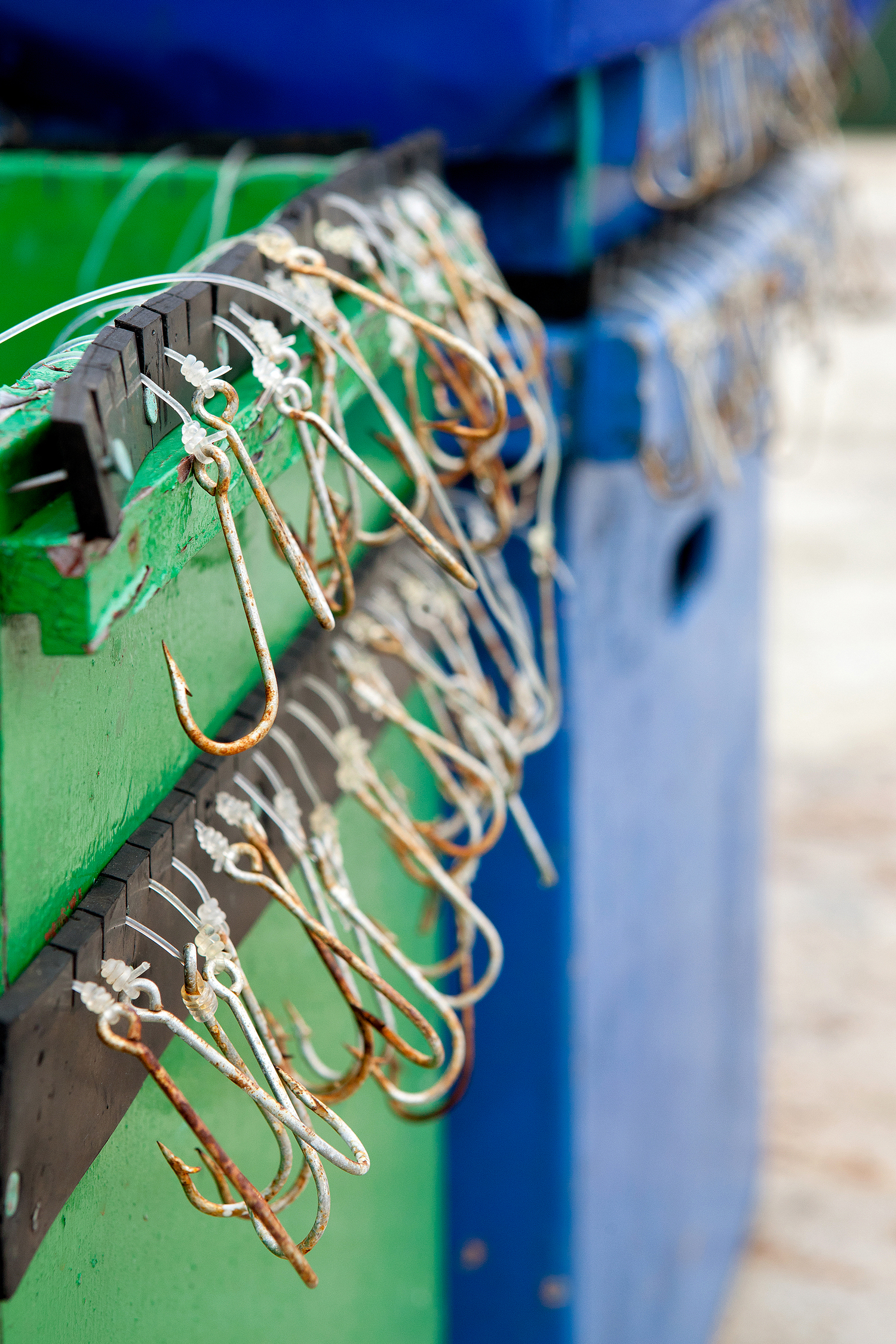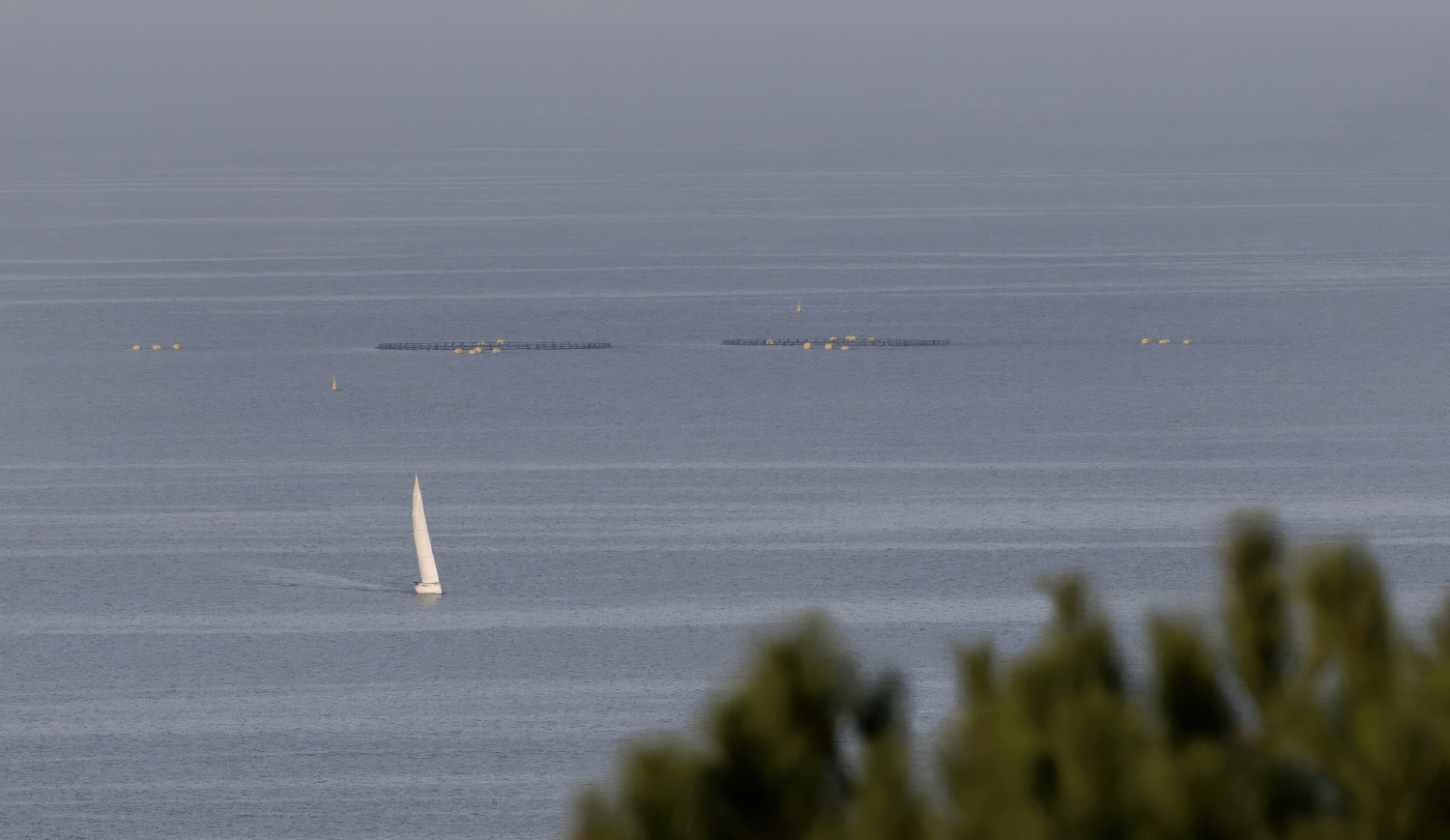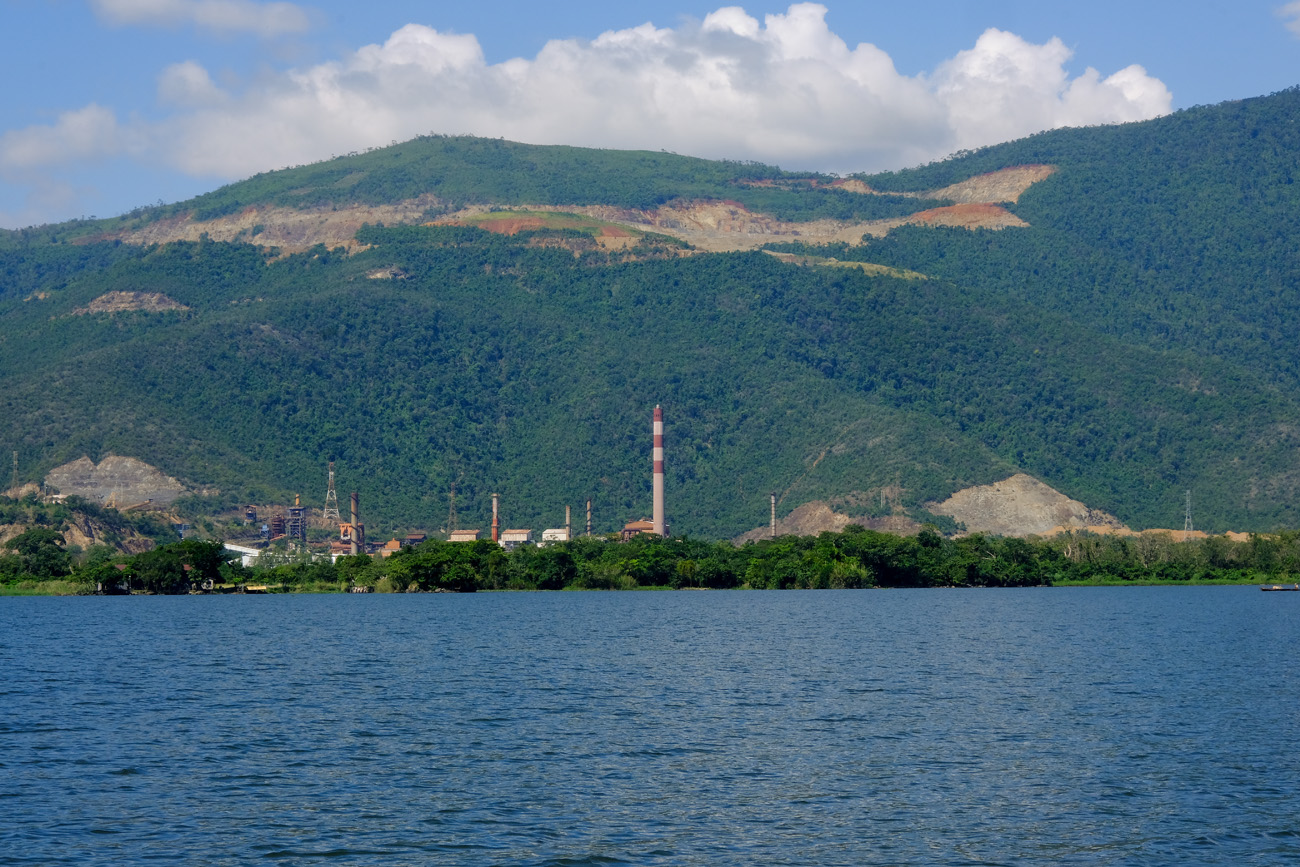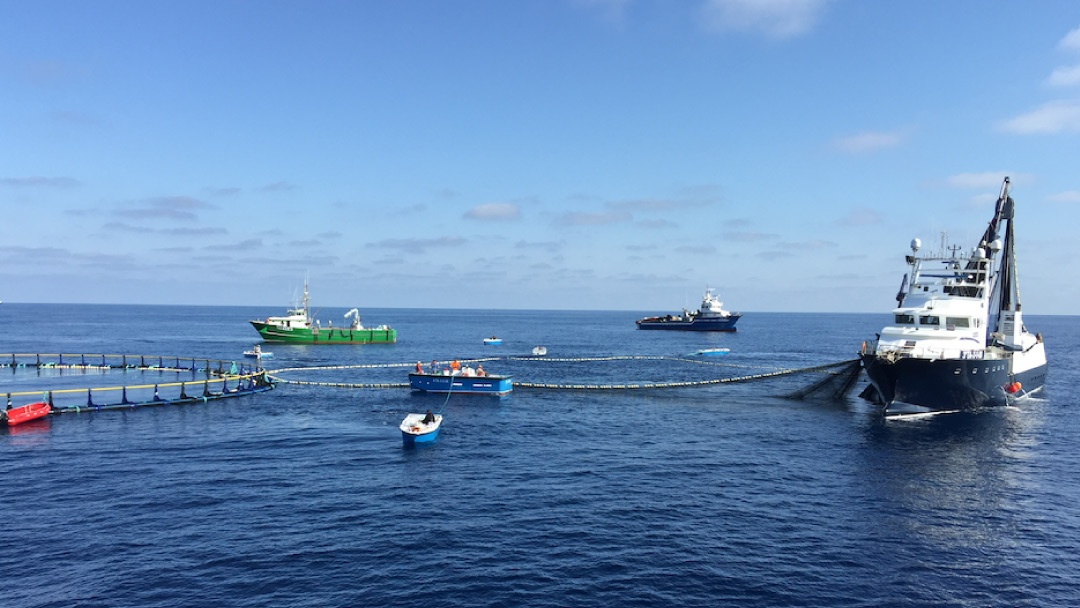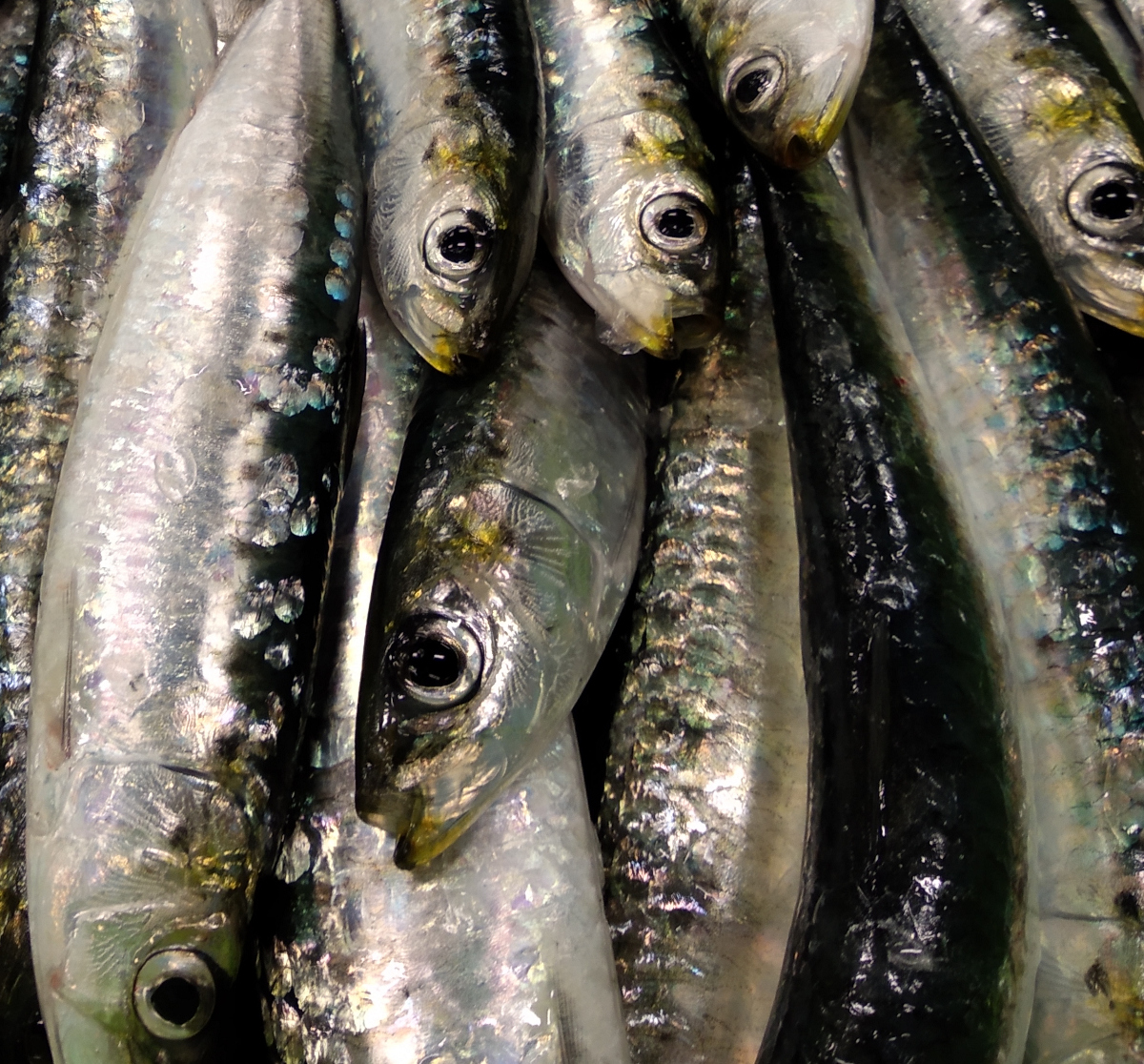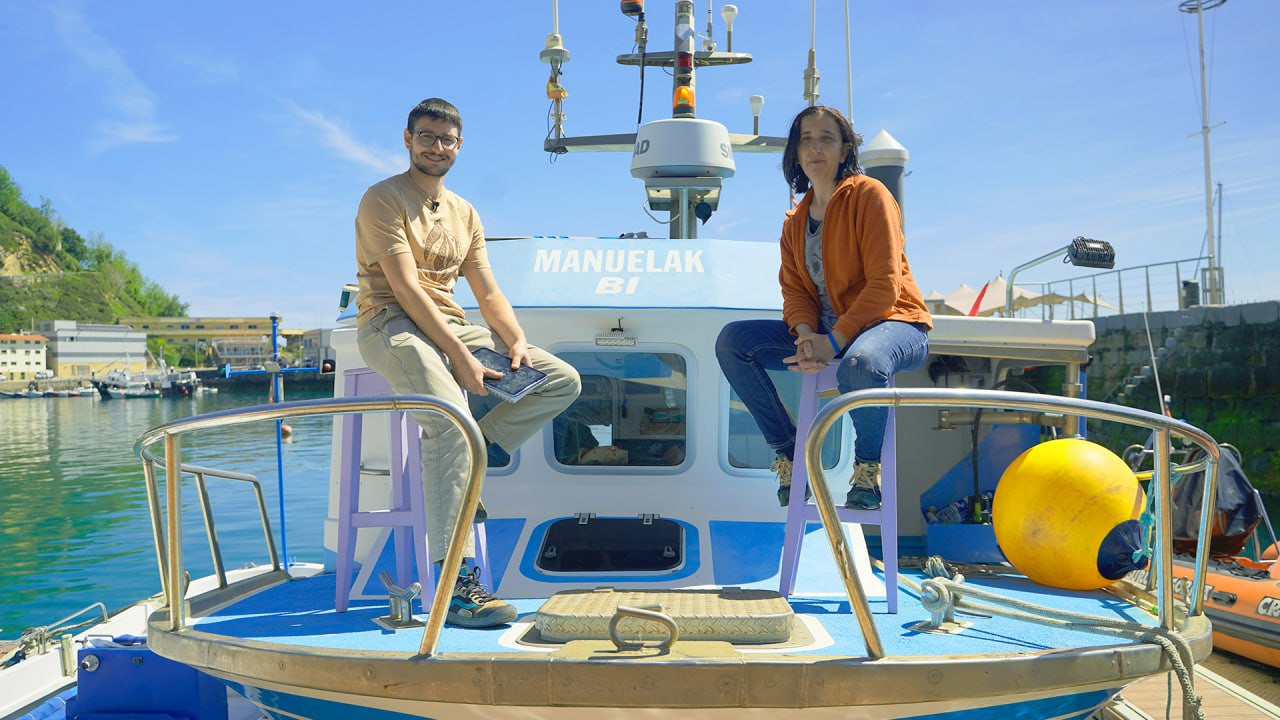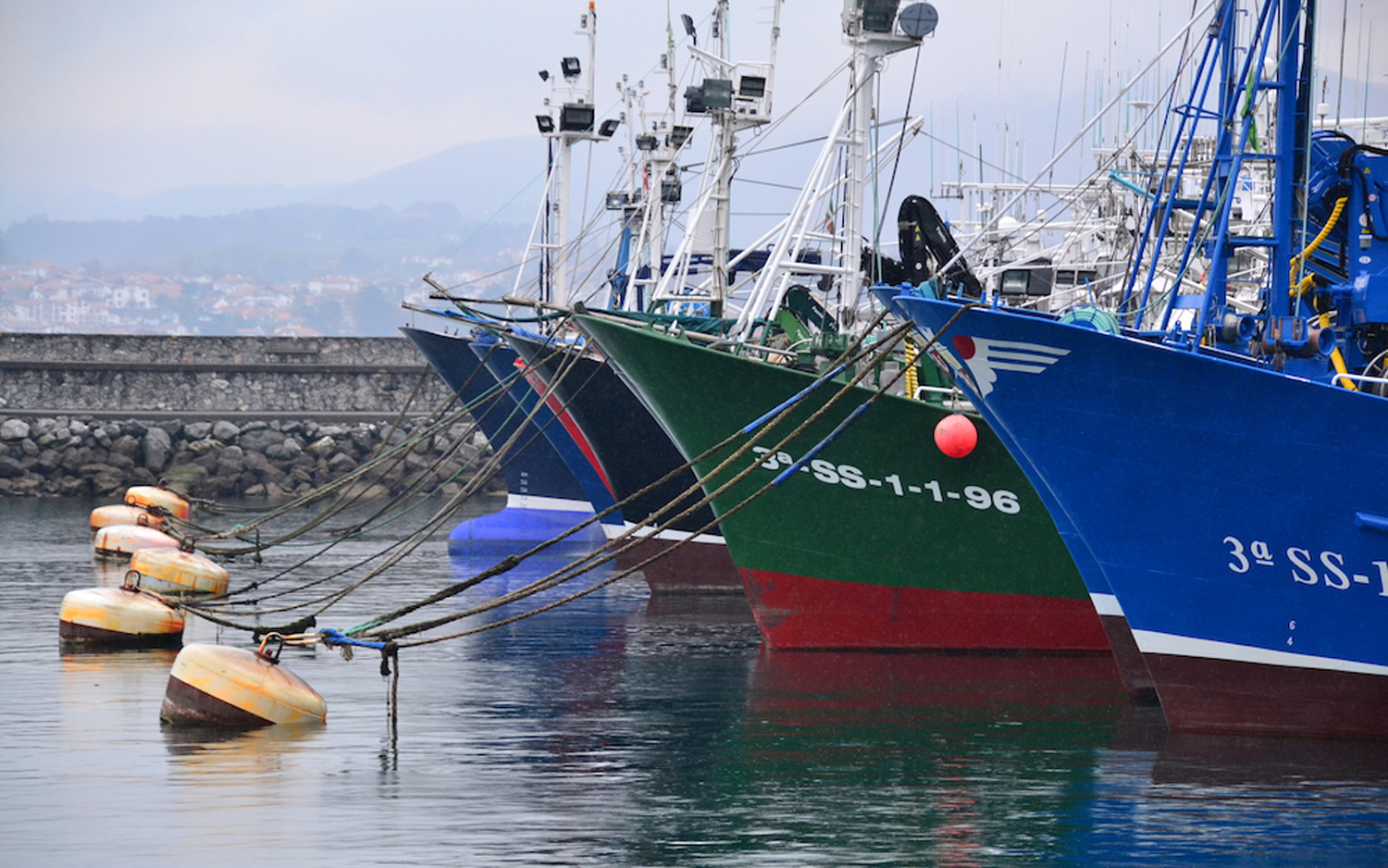Relay: what you want and can't
- The transmission of the professions has been transformed or almost disappeared, and fishing has also noticed this. This shortcoming has jeopardised the future of many sectors and fishing is no exception. The generational shift has been one of the axes on which professionals in the sector have revolved.

In February of this year in the Casa del Mar de Hondarribia the Training days, a key factor in the generational shift in the Basque fisheries sector, promoted by the Basque Government, were held, with the aim of making visible and discussing various concerns about the fishing sector. In fact, society has changed a lot, and although knowledge about this sector has traditionally been acquired from the family, nowadays it is developed in a different way. Fishing therefore faces a big question: Is the generational shift in fleets guaranteed? To this end, both the Casa del Mar de la Cofradía and the Basque Government have several projects on the table.
At present, the president of the Cofradía de Gipuzkoa, Eugenio Elduaien, explained that in Gipuzkoa there are 33 inshore vessels and about thirty other ways. It considers that the sector is ‘healthy’ in the country, since in recent times the average number of boats has ceased to sail per year. Elduaien is not concerned about the future of fishing fleets. However, the number of fishing vessels is gradually decreasing.
However, Elduaien has pointed out that the cessation of these fleets may be due to "many reasons" for this. But one of the main ones says it's the withdrawal of its owners. ‘When the owners of the boats reach retirement age and currently most are family businesses, the boat is abandoned or sold to another person. Behind these bosses there are no children for the relay’.
In general, most of the young people who fish are interested in fishing because they have lived the trade closely, because they come from home and live in a coastal village. But those who want to join this trade have not had a family boat, and have to start their journey from scratch profesionala.Martxel: Vázquez Nikolarena is a 24-year-old Hondarribia fisherman working at the Itsas Eder. She pointed out that the occupation of young people in the sector was not easy: “We young people are fishing. The problem is that I think young people want to go to the sea, but there's no room on the boats. The following year, 20 fishermen may retire, but in five years' time these young people may not be able to embark because nobody will retire, so there will be no place for the new fishermen.' It's a problem, because desire and disability come together. As long as there is no fisherman's free place, no relief is given.
There are young fishermen. However, they have no place on boats.
The Secretary General of the Cofradía de Gipuzkoa, Miren Garmendia, considered that, in view of this fact, measures should be taken. ‘A ship may have a crew of a maximum number. If there is no place on those boats, we have a problem. Space is limited and it should also be studied. I therefore believe that measures must be taken to overcome the obstacles. Take a student on each boat, for example." To do so, however, ship owners face a number of laws and rules that limit these practices, such as the rules of commercial fleets. “Many times you want more fishermen, but you can’t get them into the boat because of the size of the boat and because the norm says so. There are limits and conditions must be adapted so that young fishermen can go to the sea".
The sea, the most efficient classroom
Garmendia has considered it essential to learn working at sea, since only with the studies collected in the classrooms of marine schools can the profession not be fully known, he is very clear. One of the most important maritime schools is the Blas de Lezo Marine Fishing School in Pasaia. ‘The person carrying a boat is not a taxi driver, needs experience on how to fish, for example.’
Following this model of relay, Garmendia has referred to the Itsasoratu program of the Durango Fair 2010. One of the objectives of this programme, as explained by Garmendia, is to ensure employment in the sector of these people already at sea: ‘That in their day specific programmes or projects are needed for those who leave school and engage in fishing, so that they can continue learning while they are working’.
Therefore, the further development of knowledge must take into account two factors: to keep those who are working on it and to facilitate the path for those who want to join this trade.
In Garmendia’s view, it cannot be expected, for example, that anyone who is studying at university will suddenly take an interest in and go to the sea, but that it is more important for him to make that decision and make it easier for the navigators. ‘A great deal of work has been done to validate their competences. Through experience it is ensured that they have competencies, and with it several skills are validated. In this respect, excellent work has been done between the sector and the Basque Government. I think we have to go down that road."
Transmission and education
Garmendia has also referred to the Izan Arrantzale programme, which will be assisted by EiTB. It believes that education also has a responsibility to bring value to the sector and to make its reality known. “At the moment we have a problem of relief in our sector, and the first thing we need is for society and young people to know the reality of the sector. I do not think it is known.’
In this way, workshops are held aimed at boys and girls, but as an activity that takes place outside the school. It is not integrated as a didactic matter in education, and Garmendia believes that it is necessary to change that, “I think it is something that we have to live from a young age”. For this reason, the objective of this programme is to awaken interest in fisheries since childhood and to make visible the current reality of the sector.
Once again, the secretary-general of the Cofradía de Gipuzkoa recalled that the transmission has changed a great deal. In the past, parents transmitted their work to their children, forcing them, in general, to work with them. “It wasn’t just fishing, so was the masonry.” Now, on the contrary, what has changed society does not, ‘we want to give so much support to our young people and children that the transmission of knowledge is lost. At one time all trades, not only fishing trades, were made known, experiencing them in one way or another”.
Furthermore, Eugenio Elduaien considers that this is a social issue, one of the strongest trends in society. “People are moving away from the primary sector. In agriculture, it is also noted that our sector is very bad. People want another life. Even though the primary sector may have a very nice future, people do not want to work there because it is hard and you have to dedicate many hours to it. I believe that we are an advanced society and that mentality is the consequence of that.”
It can be concluded that the future lies in ensuring and facilitating the departure to sea of young people or those who want to work in fisheries. Despite the economic consequences of the war between Ukraine and Russia in this sector, both Elduaien and Vázquez and Garmendia have agreed to point out that "there is no problem" and have ensured that the health of the sector is good and that "it has a future". All that remains is to wait for these ongoing programmes to sow flowers.
Arrantza handi eta industriala defizitarioagoa da sozialki, ekonomikoki eta ekologikoki arrantza txikiaren alboan; arrantza txikiak baino dirulaguntza publiko dezente gehiago jasotzen ditu; eta are, soilik laguntza horiei esker bizirauten du. Horixe erakutsi du Frantziako... [+]









